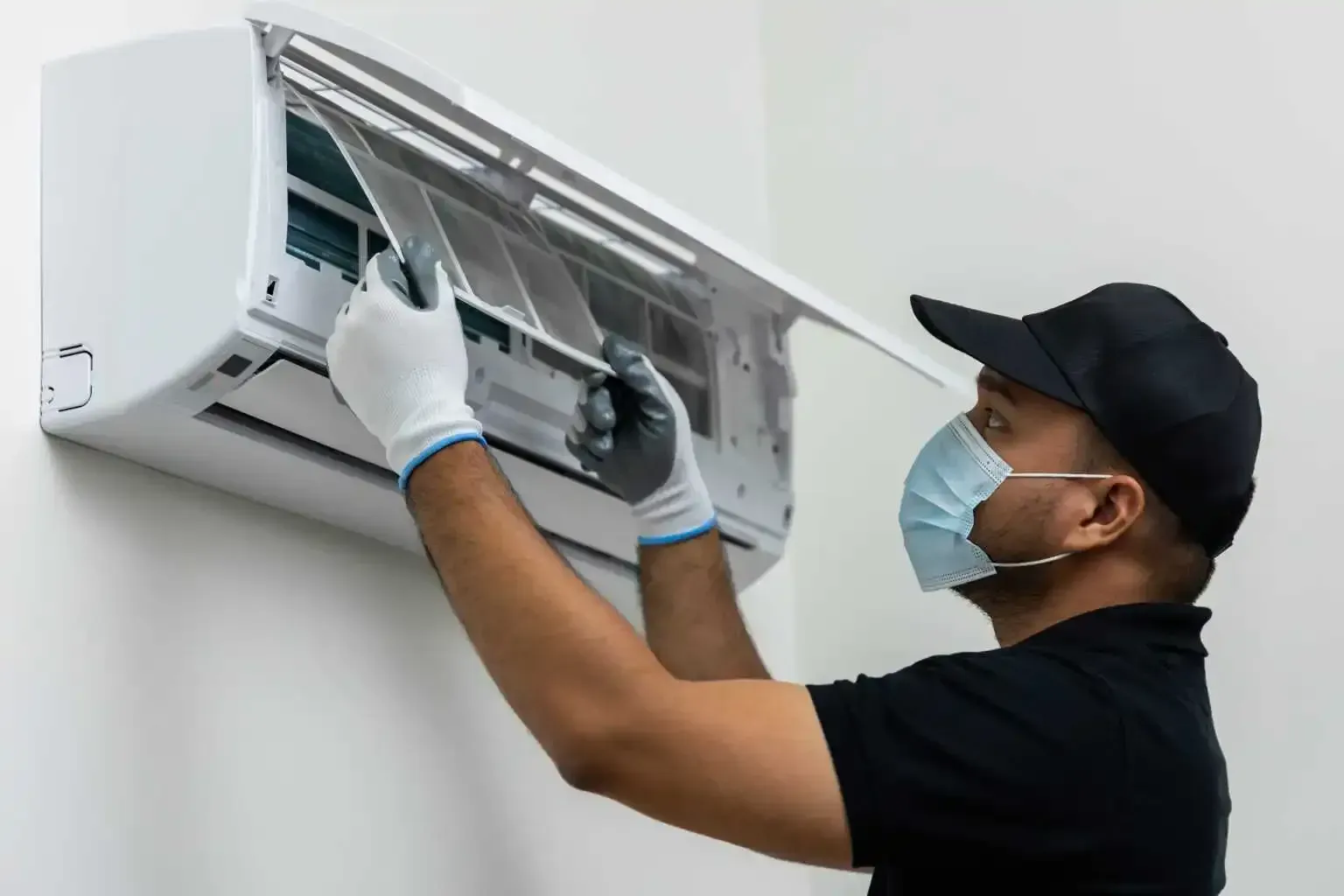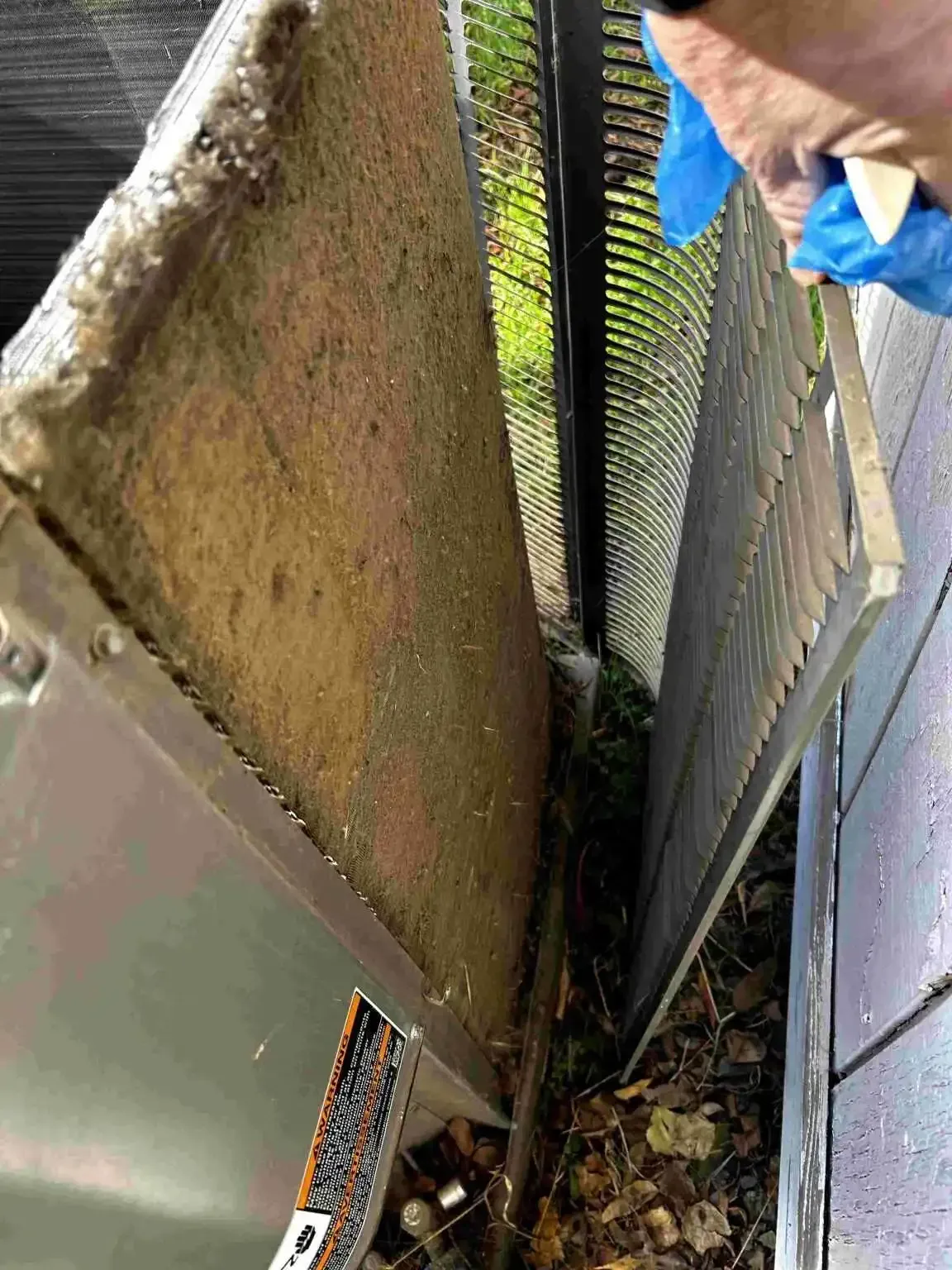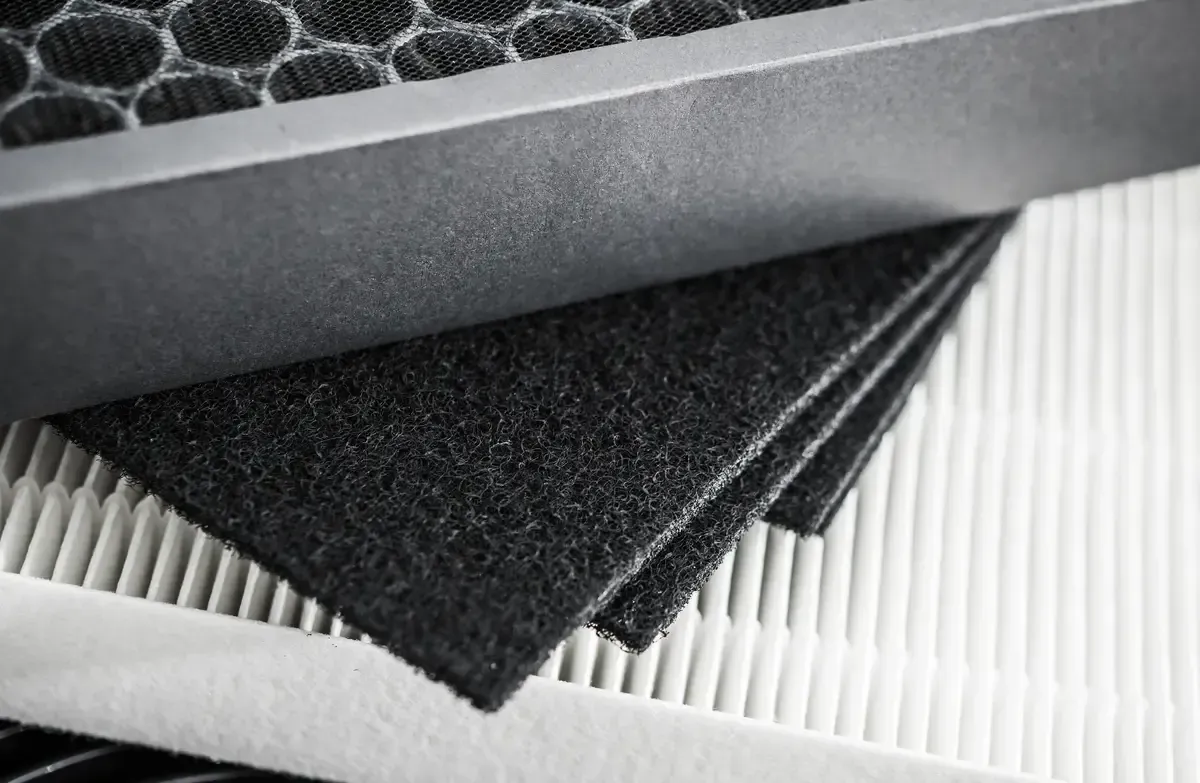Is Your HVAC Filter Ready for Allergy Season?
As allergy season approaches, many homeowners brace for the sneezing, itchy eyes, and respiratory discomfort that come with it. What if your home’s air quality could provide a much-needed escape from pollen, dust, and other airborne irritants?
The key to reducing allergens indoors is having the right HVAC filter for allergies. Upgrading or replacing your filter can significantly improve air quality and help you breathe easier this season.
Understanding the Role of HVAC Filters in Allergy Control
Your HVAC filter is your first line of defense against airborne allergens. As air circulates through your system, the filter traps pollen, dust mites, pet dander, mold spores, and other irritants before they can enter your living spaces. However, not all filters are equally effective. Choosing the right type ensures that your HVAC system efficiently removes allergens and maintains better indoor air quality.
Additionally, an ineffective or clogged filter can exacerbate allergy problems. If a filter is not changed regularly, it can accumulate trapped particles and reintroduce them into the air, making allergy symptoms worse. Thus, selecting the right filter and maintaining it properly is crucial for long-term allergy relief.

What Type of HVAC Filter is Best for Allergies?
If you suffer from allergies, a standard fiberglass filter won’t be enough. Here are some of the best HVAC filter options for allergy relief:
- HEPA Filters: Captures up to 99.97% of particles as small as 0.3 microns, including pollen and pet dander.
- Electrostatic Filters: Use static charge to attract and trap allergens, providing better efficiency than disposable filters.
- Pleated Filters (High MERV Rating): Filters with a Minimum Efficiency Reporting Value (MERV) of 11 or higher can capture smaller particles that standard filters miss.
- Activated Carbon Filters: Not only do these filters trap allergens, but they also help reduce odors and chemical pollutants in your home.
Choosing a filter with a MERV rating of 13 or higher will provide optimal filtration for allergy sufferers. However, it is important to ensure that your HVAC system is compatible with high-MERV filters, as some systems may struggle with restricted airflow from dense filtration materials.
How Often Should You Change Your HVAC Filter?
To keep allergens at bay, replace or clean your HVAC filter regularly. Here’s a general guideline:
- Basic Fiberglass Filters: Every 30 days
- Pleated Filters (MERV 8-13): Every 60-90 days
- HEPA or High-Efficiency Filters: Every 6-12 months (depending on usage and manufacturer recommendations)
- Homes with Pets or Allergy Sufferers: Every 30-45 days
Regular filter replacement ensures that your HVAC system continues operating efficiently while providing the best protection against allergens.

Additional Ways to Improve Indoor Air Quality
Besides upgrading your HVAC filter for allergies, consider these additional steps to minimize allergens indoors:
Use an Air Purifier
A HEPA-equipped air purifier can complement your HVAC system by filtering out fine particles that may bypass the main HVAC filter. These devices are particularly useful in bedrooms and living spaces where allergens tend to accumulate the most.
Keep Windows and Doors Closed
Prevent outdoor allergens from entering your home, especially during peak pollen seasons. Consider using weather stripping to seal gaps where pollen and dust might seep in.
Maintain Humidity Levels
Humidity plays a significant role in indoor air quality. Use a dehumidifier to prevent mold growth, keeping humidity between 30-50%. Excess humidity can encourage mold and dust mite proliferation, worsening allergy symptoms.
Schedule Routine HVAC Maintenance
Regular HVAC maintenance ensures that your system runs efficiently and your filters are functioning correctly. A professional can check for leaks, clean ducts, and ensure that your system is optimized for filtering airborne allergens.
Common Mistakes to Avoid When Choosing an HVAC Filter
Many homeowners make mistakes when selecting or maintaining their HVAC filters. Here are some common pitfalls to avoid:
- Choosing a Filter with a Low MERV Rating: While lower MERV filters are cheaper, they provide inadequate filtration for allergy sufferers.
- Not Replacing Filters Regularly: Dirty filters reduce efficiency and worsen air quality.
- Blocking Airflow with an Overly Dense Filter: Some high-MERV filters may restrict airflow, causing strain on HVAC systems that aren’t designed for them.
- Ignoring Other Sources of Allergens: An HVAC filter alone cannot eliminate all allergens. A holistic approach, including cleaning, air purification, and humidity control, is necessary.

The Science Behind HVAC Filtration and Allergies
Understanding how HVAC filters trap allergens can help homeowners make informed decisions. Filters with electrostatically charged fibers attract and hold fine particles, while high-efficiency pleated filters provide superior particle capture rates.
Additionally, recent studies indicate that maintaining an HVAC system with a high-quality filter can reduce airborne allergens by up to 90%. This means that regular filter maintenance not only improves respiratory health but also enhances the overall comfort of your home.
The Connection Between HVAC Efficiency and Allergy Prevention
An optimized HVAC system does more than just regulate temperature; it plays a vital role in air purification. Proper airflow ensures that allergens do not recirculate within your home. Homeowners should also clean their ductwork every few years to remove buildup that could trigger allergy symptoms.
Moreover, upgrading to a smart thermostat can assist in regulating airflow and optimizing filtration schedules based on seasonal needs. Smart systems can even notify you when it’s time to replace filters, preventing overlooked maintenance that can lead to poor air quality.
Final Thoughts: Is Your HVAC Filter Ready?
Allergy season doesn’t have to mean months of discomfort. By selecting the right HVAC filter for allergies and maintaining a clean indoor environment, you can significantly reduce allergens in your home. Check your filter today and make sure your HVAC system is ready to keep you breathing easy all season long.
If you’re unsure which filter is best for your home, consult with an HVAC professional to find the best solution for your needs. Stay proactive, and enjoy a healthier, allergy-free home!
Contact us for more information or to schedule a consultation with our experts.
Breathe Easy, Live Healthy
A comfortable home isn’t just about plush furniture or aesthetically pleasing decor. It’s also about creating a safe and healthy environment for all inhabitants. Prioritizing duct cleaning is integral in enhancing indoor air quality, paving the way for better health and overall well-being.
For those keen on elevating the air quality in their homes and reaping the numerous benefits of clean air ducts, don’t hesitate. Contact Economy Heating & Air to get the job done right and breathe a sigh of relief!

